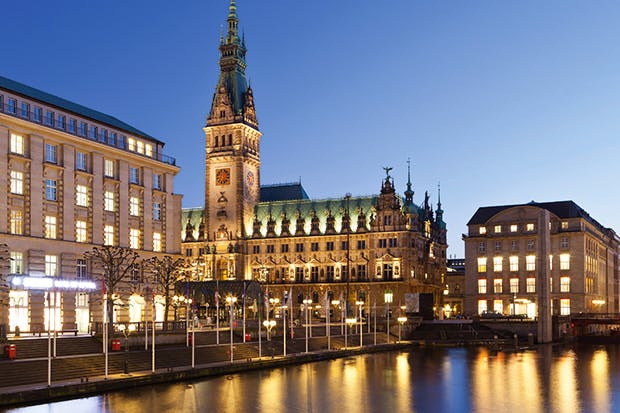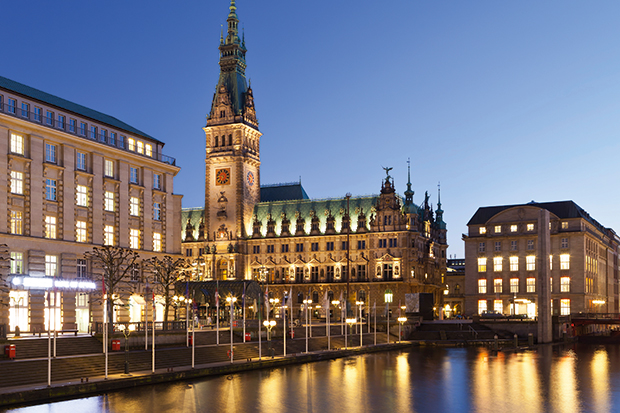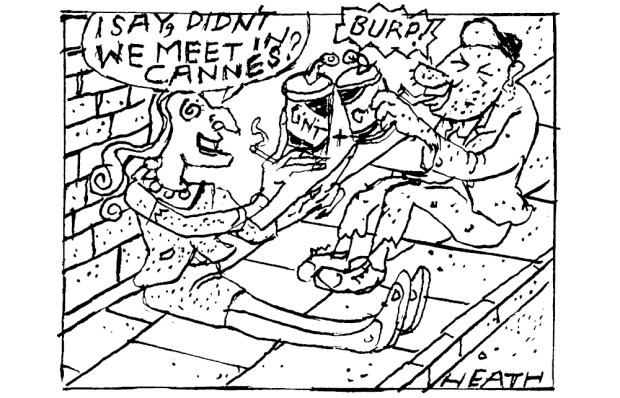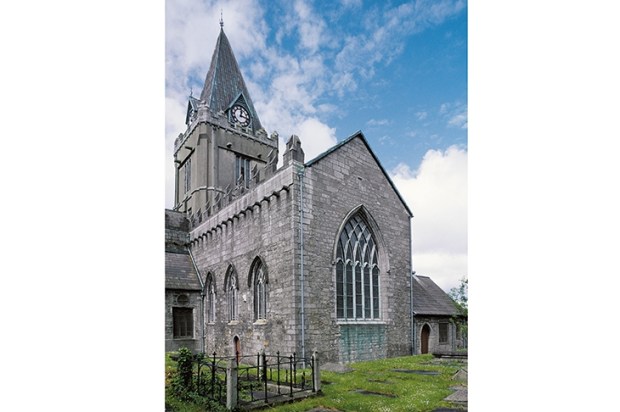‘What was it like growing up in Liverpool?’ a journalist asked John Lennon. ‘I didn’t grow up in Liverpool,’ he replied. ‘I grew up in Hamburg.’ My father grew up in Hamburg too, at the end of the second world war. The city had been bombed to smithereens. Cigarettes were the only currency, and my grandma had to trade her jewellery for food.
Already a subscriber? Log in
Subscribe for just $2 a week
Try a month of The Spectator Australia absolutely free and without commitment. Not only that but – if you choose to continue – you’ll pay just $2 a week for your first year.
- Unlimited access to spectator.com.au and app
- The weekly edition on the Spectator Australia app
- Spectator podcasts and newsletters
- Full access to spectator.co.uk
Or














Comments
Don't miss out
Join the conversation with other Spectator Australia readers. Subscribe to leave a comment.
SUBSCRIBEAlready a subscriber? Log in